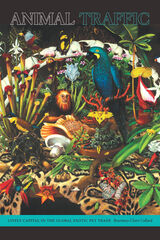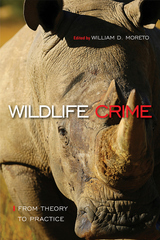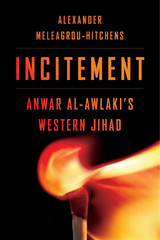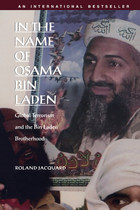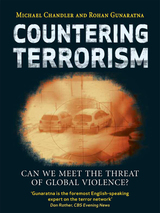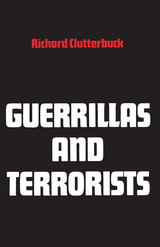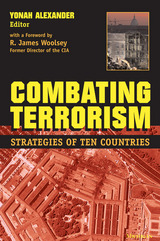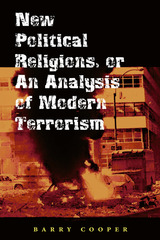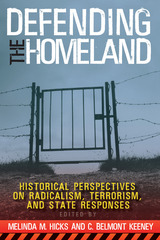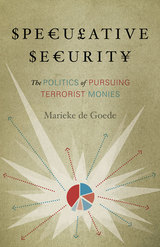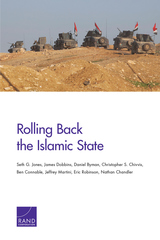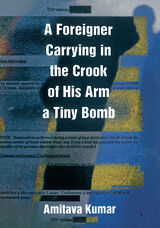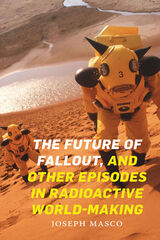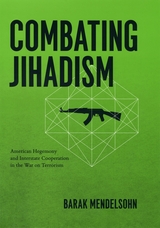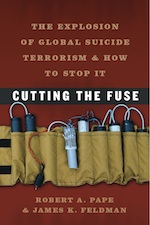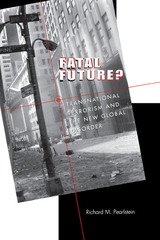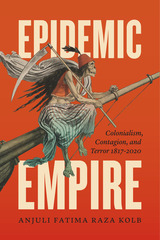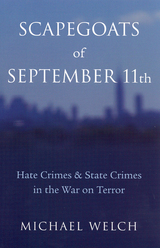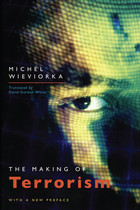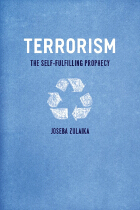Paper: 978-0-87840-345-5
Library of Congress Classification HV6431.G538 2003
Dewey Decimal Classification 303.625
A timely philosophical treatment of the current wave of international terrorism and armed conflicts around the world, New Terror, New Wars explores the ethical significance of September 11, and its aftermath. From the nationalistic violence that reigned over the last century, to the amorphous terrors without national boundaries characterizing the opening of this new century, Gilbert leads the way through some of the difficult terrain that has brought the world to these troubling crossroads. He examines the causes of new wars as they are made manifest in the politics of identity, he questions when military force is justified in the pursuit of political goals. He asks whether the "just war" theory is adequate for evaluating and then regulating contemporary conflicts. He deals with the core issues of traditional conflict: self-defense, the conduct of war, hatred and revenge, but also with newer forms, such as conflict in the guise of "humanitarian intervention."
The hopeful conclusion to all wars is, of course, the restoration of peace. Gilbert concludes with a philosophical investigation of not only how to end them, but also how to resolve the conflicts that gave rise to them in the first place and how to produce the conditions in which they are unlikely to occur again—reminding us that the end to a "just war" must be a "just peace" and outlining what the nature of that just peace should be. New Terror, New Wars will be required reading for all those concerned with the ethical issues that inevitably arise from armed conflicts in whatever dire form they may take.
See other books on: Gilbert, Paul | Prevention | Terrorism | War on Terrorism, 2001-2009 | Wars
See other titles from Georgetown University Press

